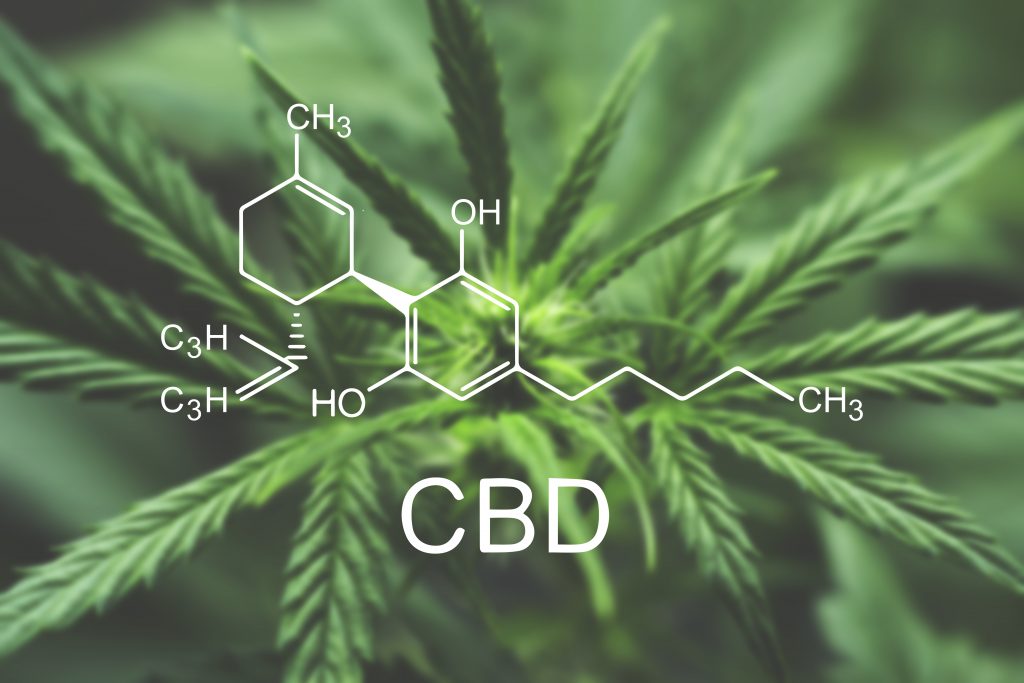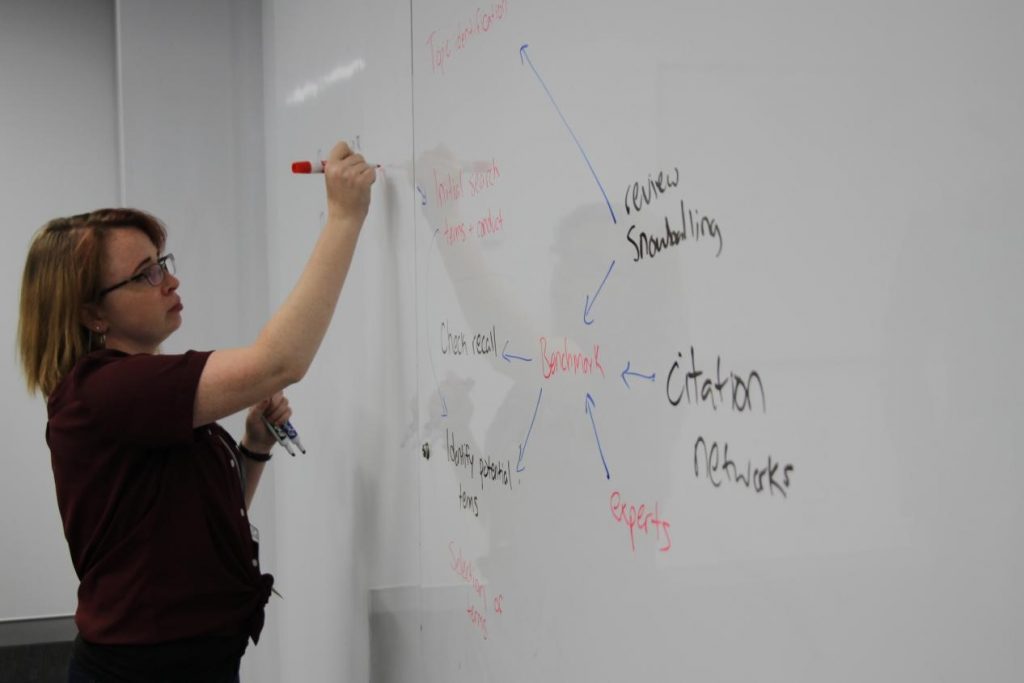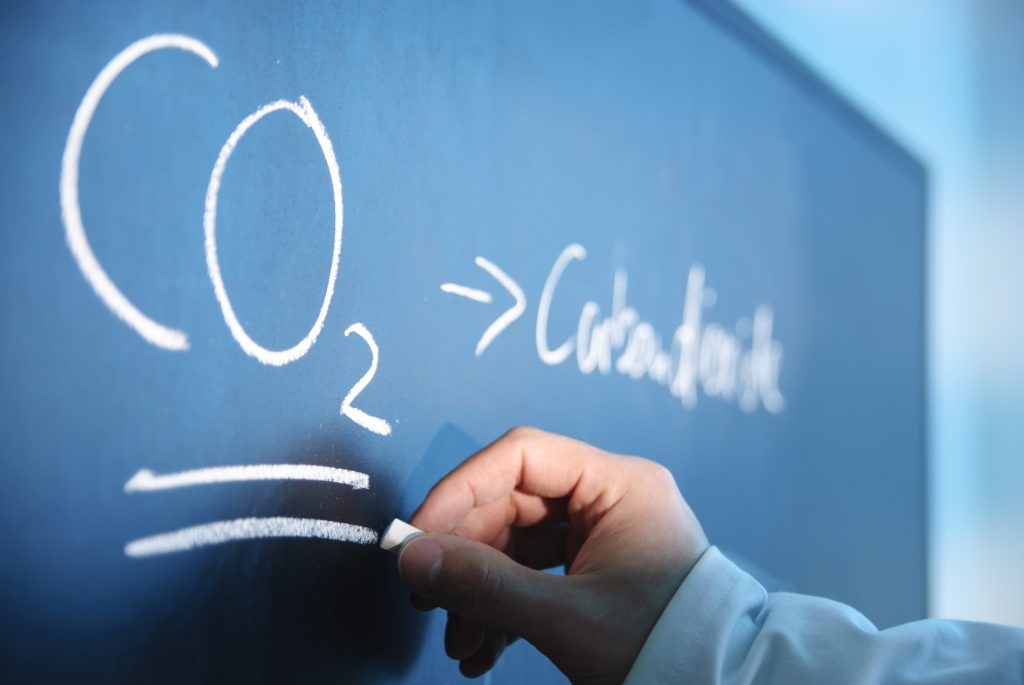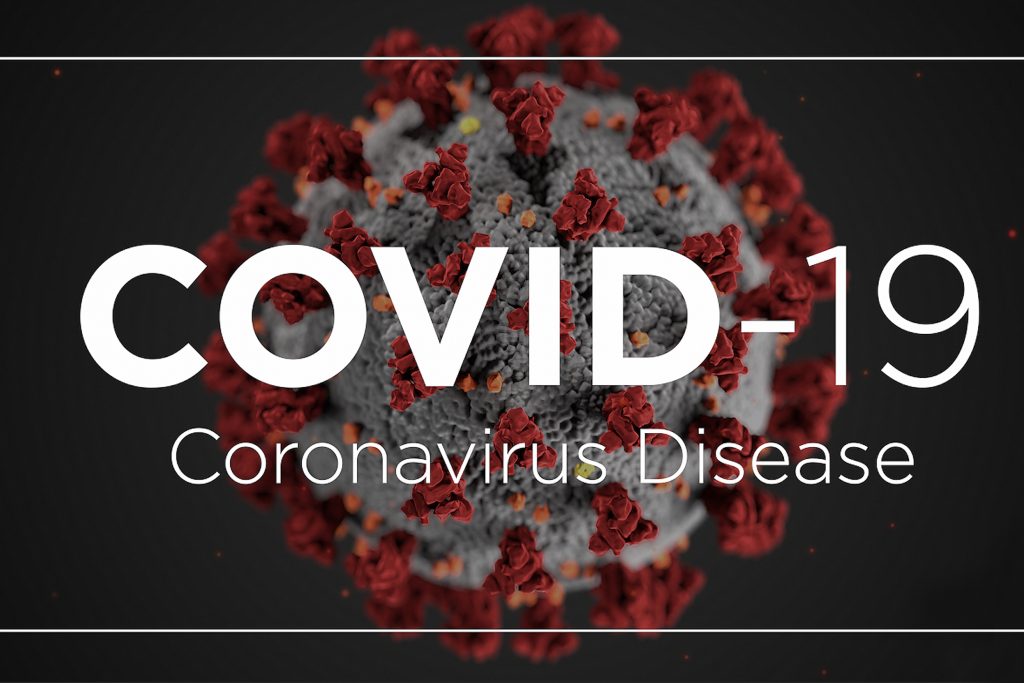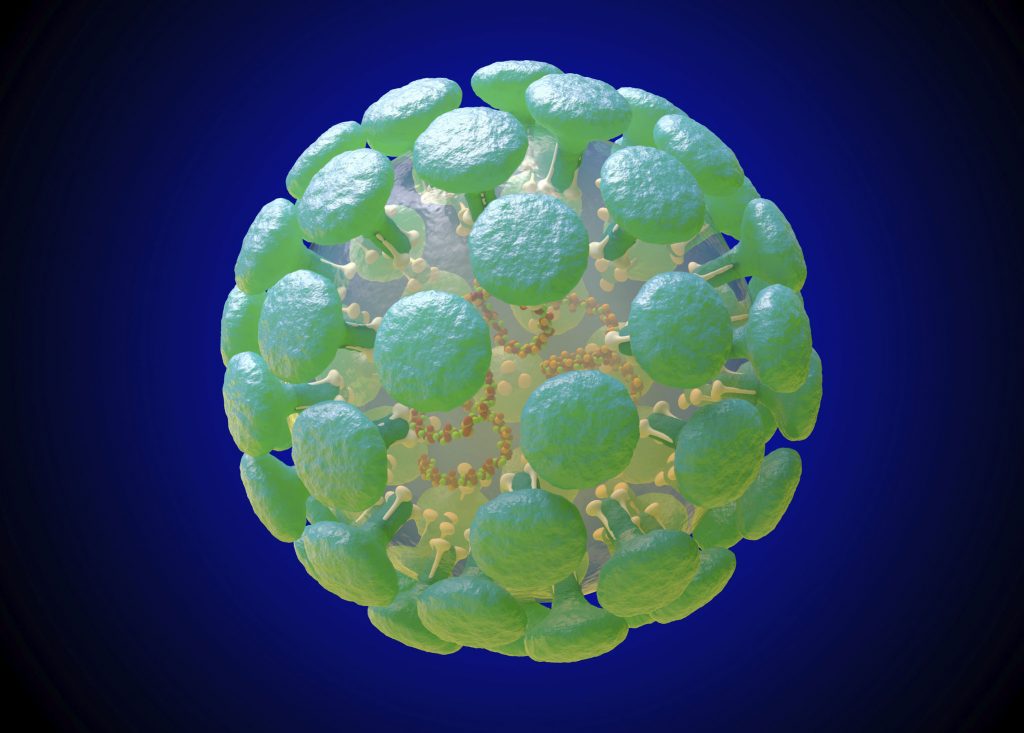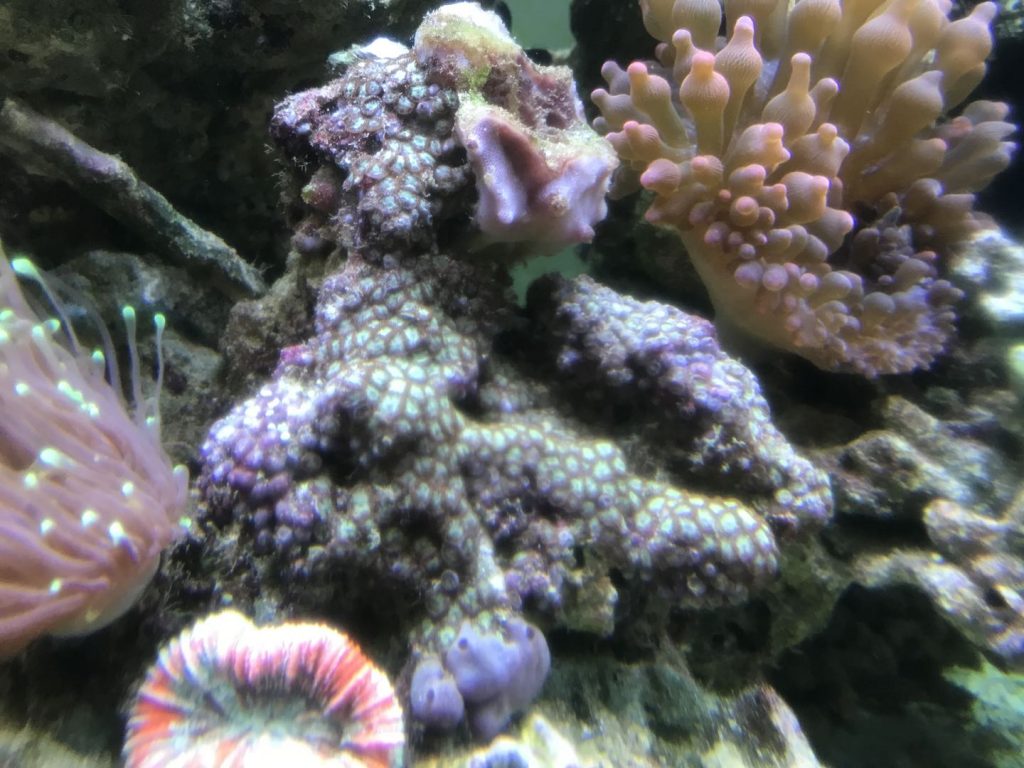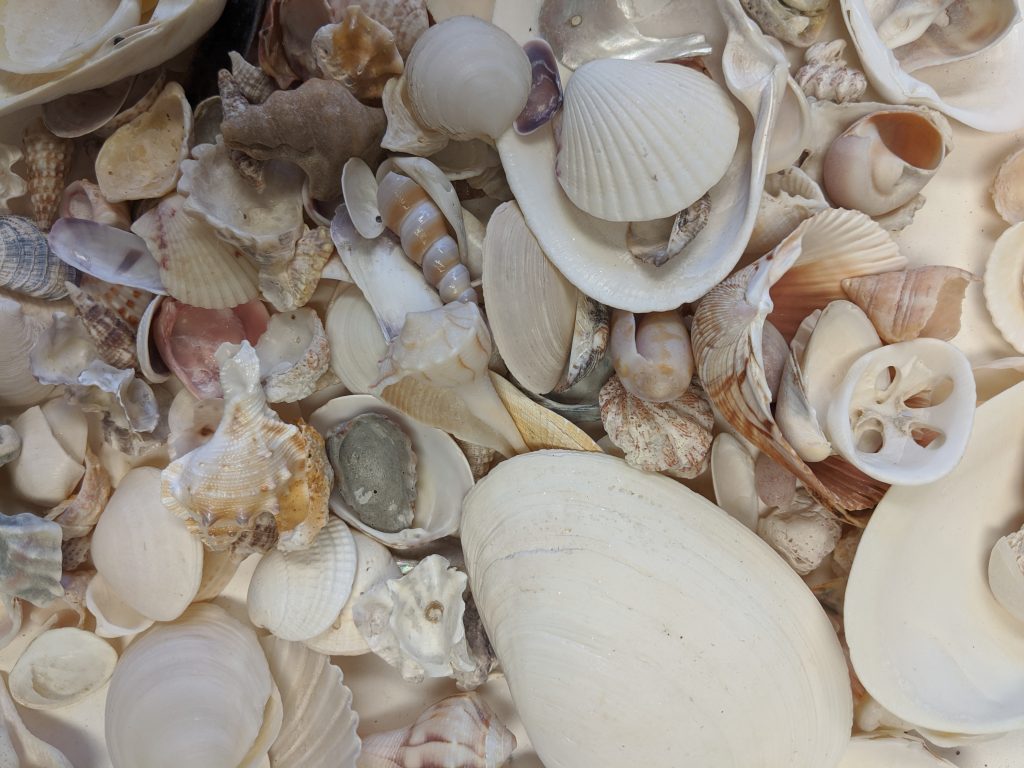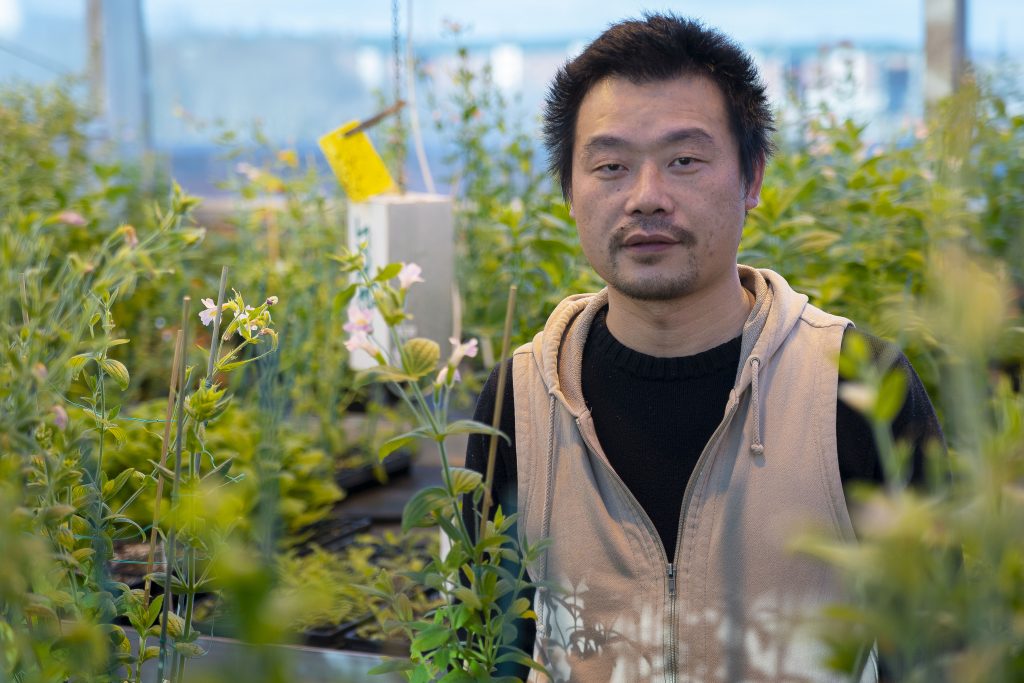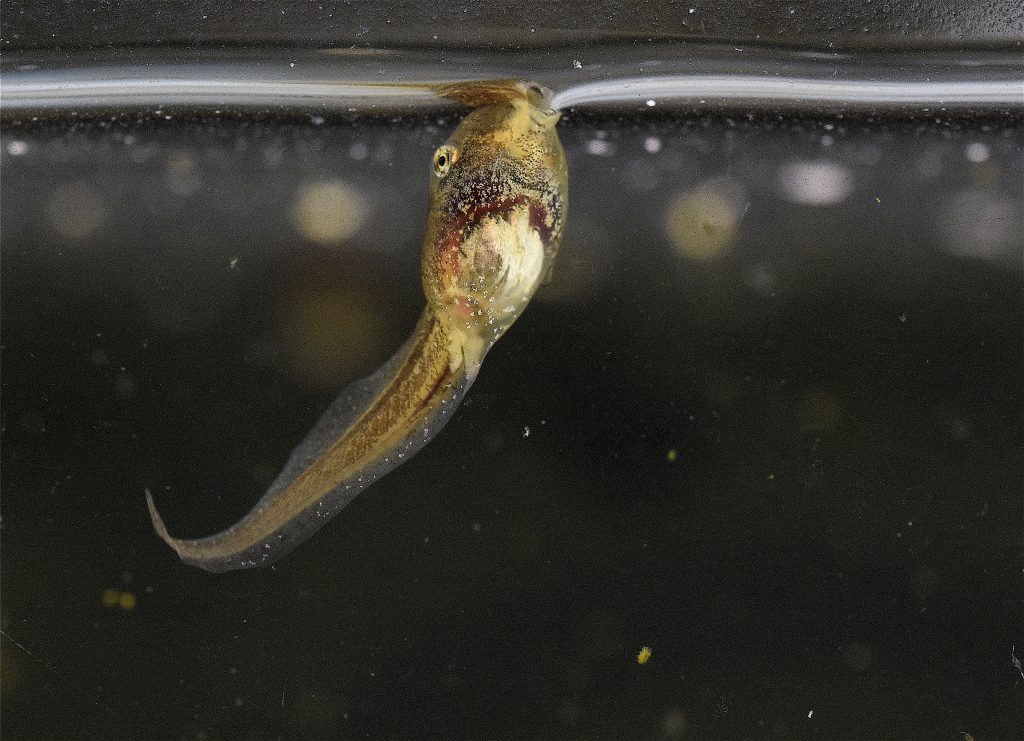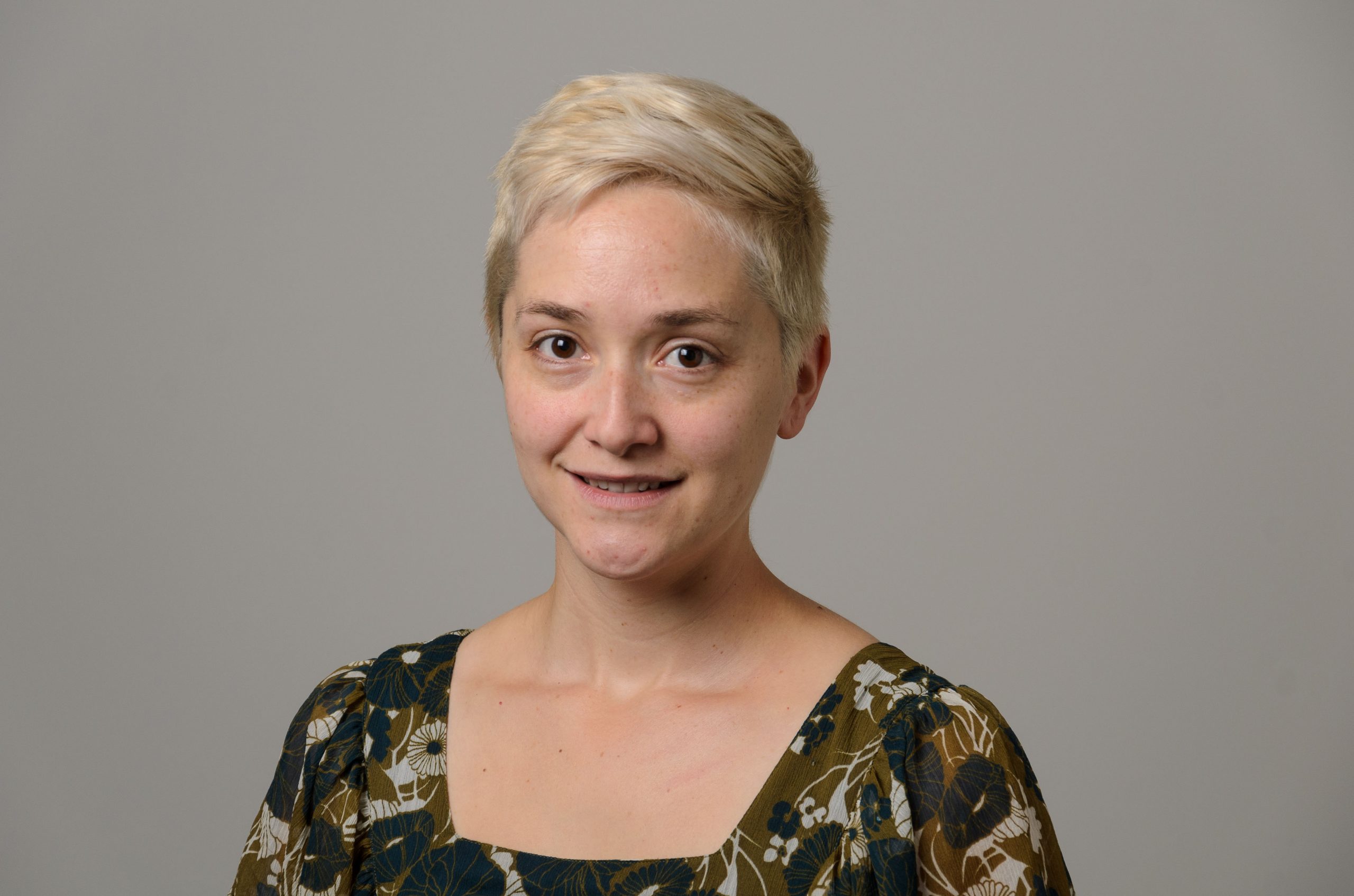
Elaina Hancock
Author Archive
The Numbers on Connecticut’s Newest Crop: Hemp
A new report provides the first overall look at the financial realities of Connecticut's newly legal hemp farming industry.
April 2, 2020 | Elaina Hancock
Evidence Synthesis: Better, Stronger, Faster
An international team of researchers have ideas about how to synthesize mass amounts of data.
March 27, 2020 | Elaina Hancock
UConn Joins National Teaching Effort to ‘Solve Climate By 2030’
UConn will participate in a nationwide online education effort April 7 to help teachers design classes around climate issues.
March 25, 2020 | Elaina Hancock
Collaboration Underway For a COVID-19 Vaccine
A UConn researcher is collaborating with colleagues in an effort to develop a COVID-19 vaccine.
March 16, 2020 | Elaina Hancock
With the Coronavirus Outbreak, It Matters How You Get Your News
The fragmented media environment of today presents special challenges when communicating about a disease like coronavirus.
March 9, 2020 | Elaina Hancock
UConn Research Shows Microplastics Are Damaging to Coral Ecosystems
A UConn researcher says microplastics present a significant threat to the health of coral reefs.
March 5, 2020 | Elaina Hancock
As Farming Developed, So Did Cooperation – And Violence
As humans shifted from hunter-gatherer societies to agricultural societies, cooperation and teamwork increased - along with organized violence.
March 4, 2020 | Elaina Hancock
Paleontologists Discover Why the Oceans are So Diverse
A new study explores why the life in the world's oceans is so diverse.
February 28, 2020 | Combined Reports
How Did the Monkeyflower Get Its Spots?
A cross-disciplinary team of researchers is close to understanding how a type of wildflower achieves its dazzling variety of colors.
February 20, 2020 | Elaina Hancock
Tadpoles Break the Tension With Bubble-Sucking
UConn researchers have discovered how tadpoles are able to breathe air while remaining under water - it's called "bubble sucking."
February 19, 2020 | Elaina Hancock
